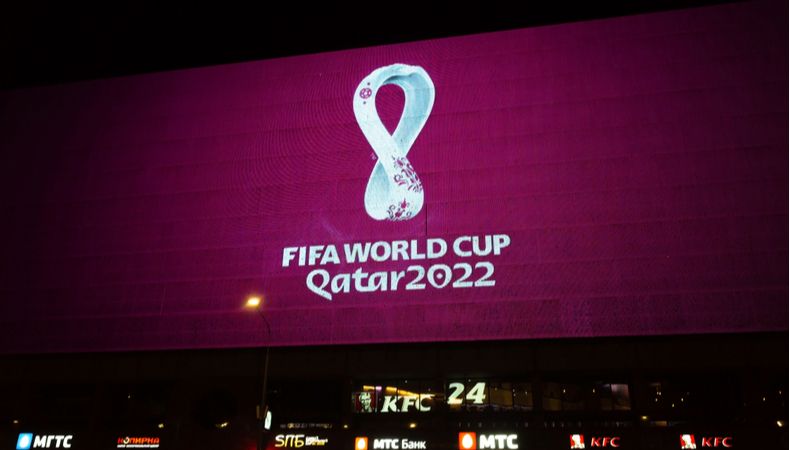World cup: Why Qatar is spying FIFA?


Chalker also worked for Qatar to keep an eye on Qatari critics in the world of football, according to interviews with former Chalker associates, contracts, invoices, emails, and a review of corporate documents. The AP investigation shows that Qatar has overlooked nothing. Agents working for Chalker and the Persian Gulf Sheikh also searched the phone call logs of at least one senior FIFA official before the 2010 vote.
“The greatest achievement to date of the MERCILESS Project has come from successful penetration operations targeting critics within the FIFA organization.” In a 2014 document describing a plan whose minimum proposed budget was $ 387 million over nine years, Chalker’s company, Global Risk Advisors. However, it is unclear how much the Qataris paid the company.
Read | Did Qatar spy on FIFA to win hosting bid for 2022 World Cup?
The company’s documents also highlight the company’s efforts to win over Jordanian Prince Ali Bin Al-Hussein, a key personality in the world of football and who ran unsuccessfully for FIFA’s presidency in 2015 and 2016. In a 2013 document, Global Risk Advisors suggested Qataris give money to a football development institution run by Ali, saying it “would help solidify Qatar’s reputation as a benevolent presence in world football.”
Chalker, who inaugurated an office in Doha and had a Qatari government email account, said in a statement provided by a representative that he and his companies would “never engage in illegal surveillance.” The AP examined hundreds of pages of documents from Chalker’s clubs, including a project update report from 2013 that contained several photos of Chalker’s staff meeting with various football administrators. In addition, multiple sources with authorized access have provided documents to the AP. Qatari government officials did not respond to requests for comment. FIFA also declined to comment.




